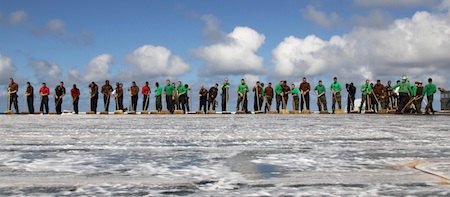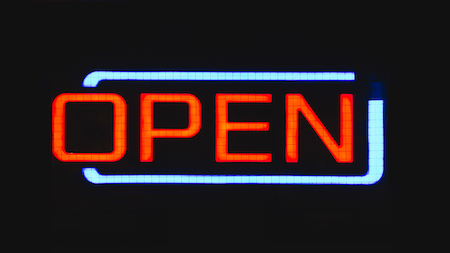STAGE 3: SET UP SYSTEMS FOR VOLUNTARY COOPERATION

STAGE 3 - THE CHALLENGE LIES IN THE TRANSITION
In Stage 3 coercive government is dissolved and private voluntary enterprise – including justice, insurance and security – competes for the respect of potential customers. People set up systems for voluntary cooperation – no force, no coercion – unless someone is violating someone else. Of course, many questions arise as we transition from a parental type State (telling us what to do and what not to do, what to study, who we can marry, what gets put in our water, who has to go to war for the benefit of corporations, etc). How would we deal with criminals? Schooling? Healthcare? How would the economy function? These are legitimate and important points to address as we make the transition to full and complete freedom for everyone. Fortunately, many people have already thought a lot about this and come up with empowering Stage 3 systems and solutions. The challenge lies in the transition – how do we get there? For the economics sector there would need to be a truly free market and some form of private judicial and security systems. Here bellow are some possibilities:
Add a comment
